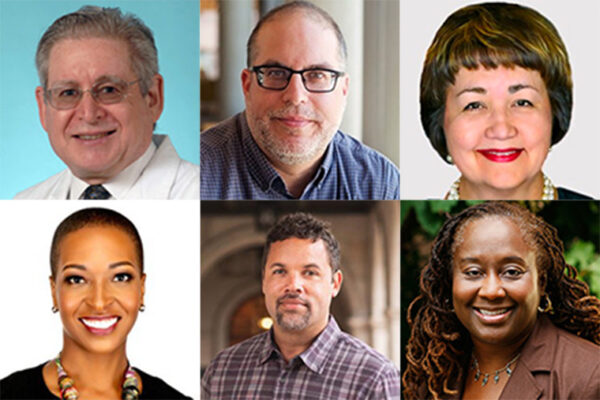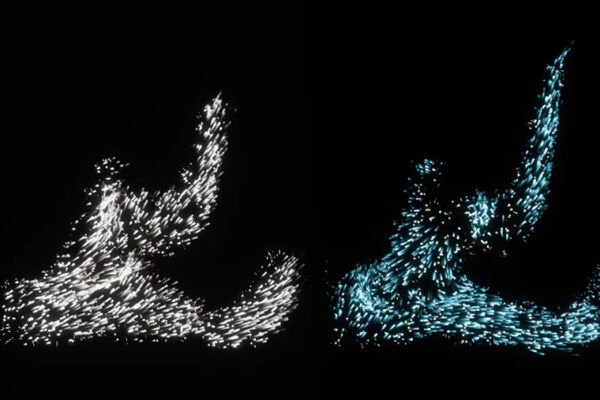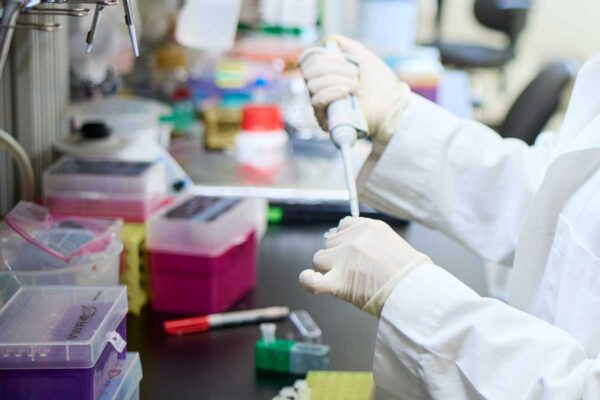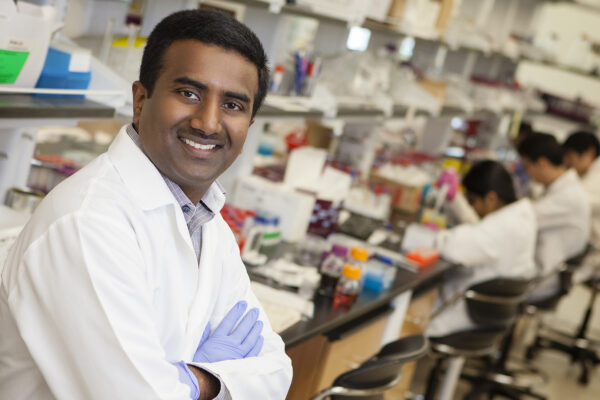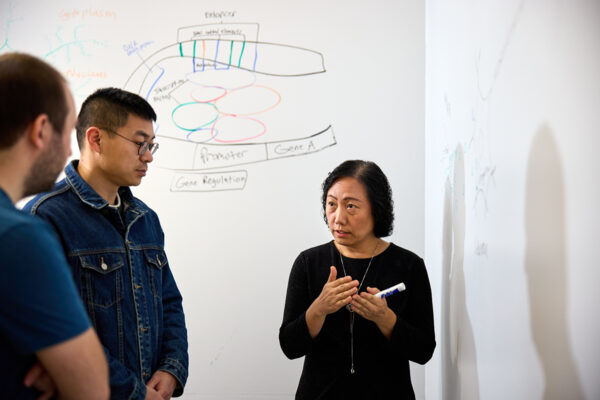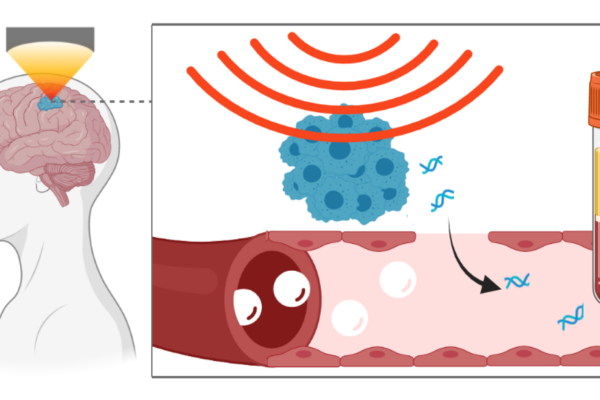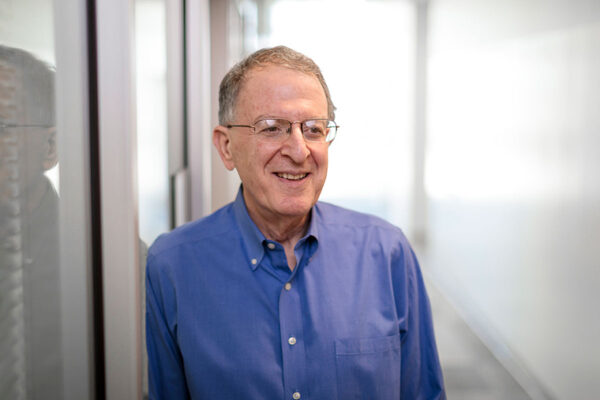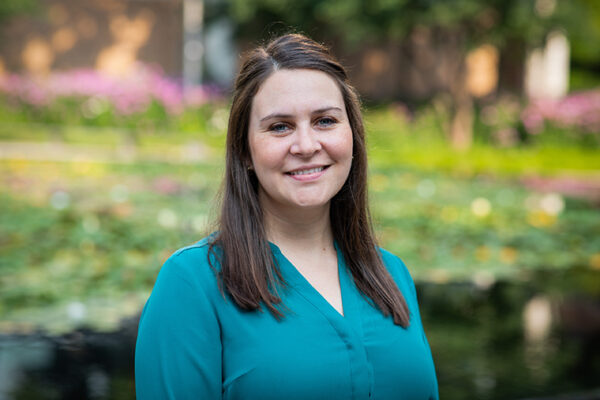‘Forum on Medicine, Race and Ethnicity in St. Louis, Past to Future’ Feb. 25
On Feb. 25, the Medical Humanities Program in Arts & Sciences will present the “Forum on Medicine, Race and Ethnicity in St. Louis, Past to Future.” The all-day gathering will feature dozens of speakers and panelists exploring how specific local histories impact the region’s diverse communities.
Computer model IDs roles of individual genes in early embryonic development
Software developed at Washington University School of Medicine can predict what happens to complex gene networks when individual genes are disrupted in specific ways.
Needlemans commit $15 million to boost drug discovery
A $15 million commitment from Washington University benefactors Philip and Sima Needleman will enable the university to leverage its expertise in biomedical discovery to boost drug development via the Needleman Program for Innovation and Commercialization.
New diagnostic test is 1,000 times more sensitive than conventional tests
Thinking beyond COVID-19, a team led by Srikanth Singamaneni at the McKelvey School of Engineering developed a new point-of-care diagnostic test that is 1,000 times more sensitive than conventional rapid tests and can quantify concentrations of proteins.
WashU Medicine reaches new heights as it climbs to No. 3 in NIH research funding
Scientists at the Washington University School of Medicine were awarded $569 million in research grants from the National Institutes of Health (NIH) in federal fiscal year 2022, elevating WashU to No. 3 among U.S. medical schools in total NIH research funding support.
Swamidass named AAAS fellow
S. Joshua Swamidass, MD, PhD, an associate professor of pathology and immunology at Washington University School of Medicine in St. Louis, has been named a fellow of the American Association for the Advancement of Science. He is recognized for applying machine learning to chemical biology and medicine, and for extraordinary public outreach promoting an understanding of science among communities of faith.
Focused ultrasound technique leads to release of neurodegenerative disorders biomarkers
Research from the lab of Hong Chen, at the McKelvey School of Engineering and the School of Medicine, and collaborators found that using focused-ultrasound-mediated liquid biopsy in a mouse model released more tau proteins and another biomarker into the blood than without the intervention. This noninvasive method could facilitate diagnosis of neurodegenerative disorders.
Gordon receives Dr. Paul Janssen Award for Biomedical Research
Jeffrey I. Gordon, MD, at the School of Medicine, has been named this year’s recipient of the Dr. Paul Janssen Award for Biomedical Research.
O’Brien team wins NIH prize to further develop maternal health device
Christine O’Brien, at the McKelvey School of Engineering, and her team have received a $20,000 prize from the National Institutes of Health (NIH)’s Rapid Acceleration of Diagnostics Technology for Maternal Health Challenge.
What’s ahead for 2023
What changes and trends could we see this year? WashU experts in areas from artificial intelligence to climate to fashion share their insights.
Older Stories
